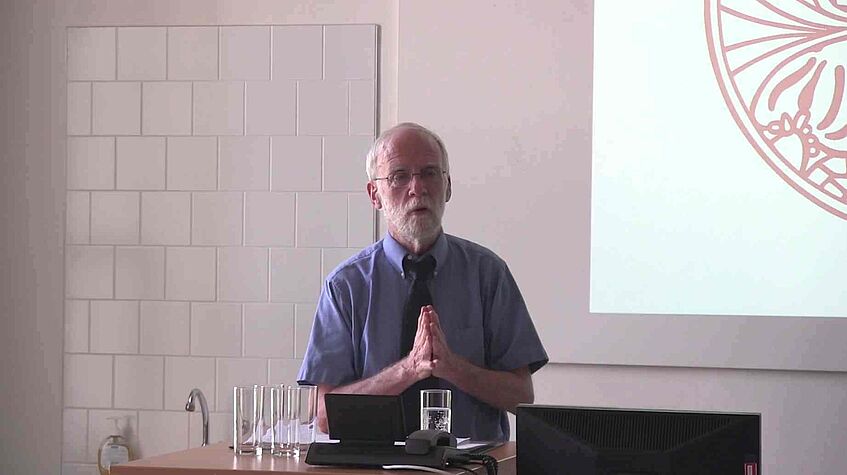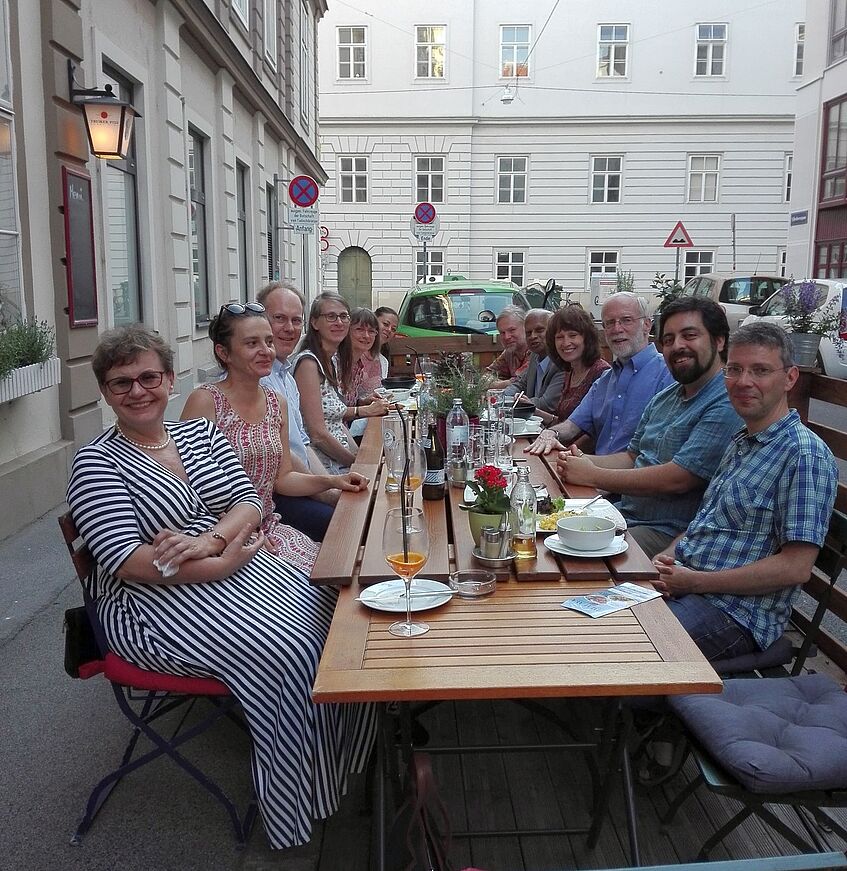Francis X. Clooney, SJ, From Argument to Beauty: The Theopoetic Mission of Constantine Joseph Beschi, SJ
Constantine (Costanzo Gioseffo) Beschi was an Italian Jesuit who worked in South India from 1710 to his death in 1747. His Tamil works include hymns used in church, a manual of instruction for catechists, apologetic defenses of Catholic vs. Lutheran Christianity, and a book of wry tales exposing the folly of gurus and their disciples. He was notably committed to a full appreciation and use of the beauties of the Tamil language. Beschi’s most famous work, the nearly 4000 verses of Tempavani (The Unfading Ornament), offers an eloquent and grand re-telling of the story of the birth and early life of Jesus, with full awareness of the whole Biblical story, with due attention to the role of the Virgin Mary but particularly from the perspective of St. Joseph. This retelling is characterized by complex versification, lavish imagery, and delight in natural and moral goods he believed present even outside the Christian world. His ultimate goal was to describe a natural world, already beautiful, that is made all the more radiant by the incarnation of the Son of God as Jesus of Nazareth. Beschi does not hesitate to preach a Christian message, but his practice, as missionary and writer, is to proceed by a “way of beauty” – rather than by norms of truth alone, or solely according to the demands of justice. He thus seeks to resolve the problem inherited from Roberto de Nobili and other great predecessors: how to preach the Christian difference in a way that esteems rather than ignores or abuses the best of Indian culture?
Francis X. Clooney, SJ, joined the Harvard Divinity School faculty in 2005 as Parkman Professor of Divinity and Professor of Comparative Theology. After earning his doctorate in South Asian languages and civilizations (University of Chicago, 1984), he taught at Boston College for 21 years before coming to Harvard. His primary areas of Indological scholarship are theological commentarial writings in the Sanskrit and Tamil traditions of Hindu India. Prof. Clooney is also a leading figure globally in the developing field of comparative theology. Furthermore, he has written on the Jesuit missionary tradition, particularly in India, on the early Jesuit pan-Asian discourse on reincarnation, and on the dynamics of dialogue and interreligious learning in the contemporary world. Prof. Clooney’s most recent books include “Learning Interreligiously: In the Text, In the World” (Fortress Press, 2018), “The Future of Hindu-Christian Studies: A Theological Inquiry. The 2015 Westcott-Teape Lectures” (Routledge, 2017) and “His Hiding Place is Darkness: A Hindu-Catholic Theopoetics of Divine Absence (Stanford University Press, 2013). “Preaching Wisdom to the Wise: Three Treatises by Robert de Nobili in Dialogue with the Learned Hindus of South India”, introduced, annotated and translated together with Anand Amaladass, SJ, was published in 2000 (St. Louis: Institute of Jesuit Sources), followed by an Indian edition in 2005.


